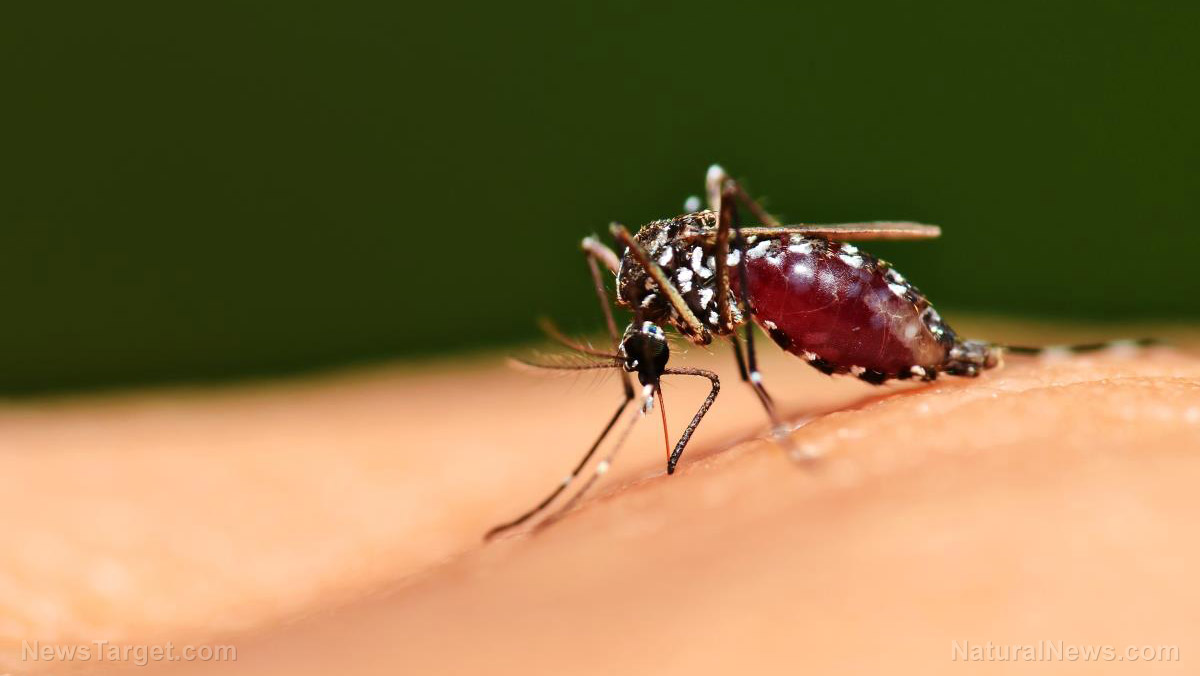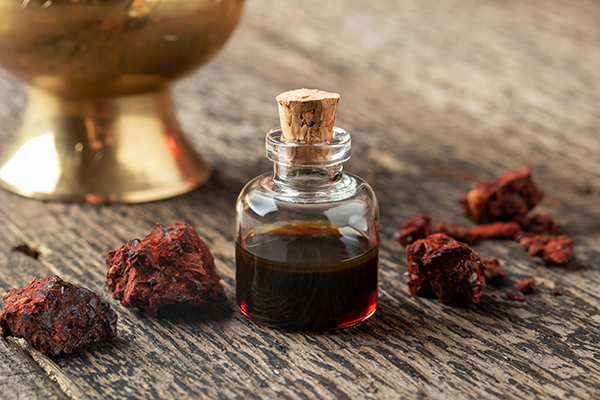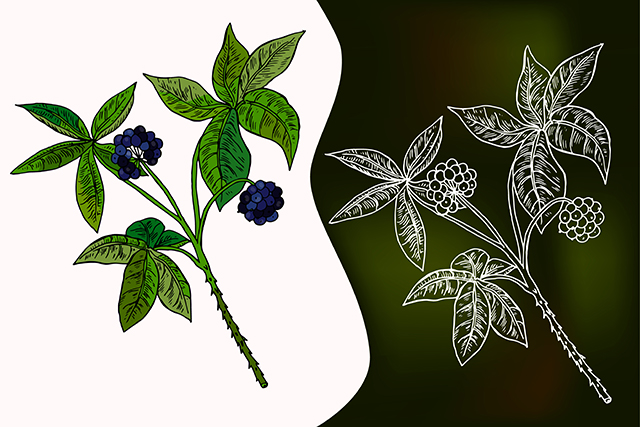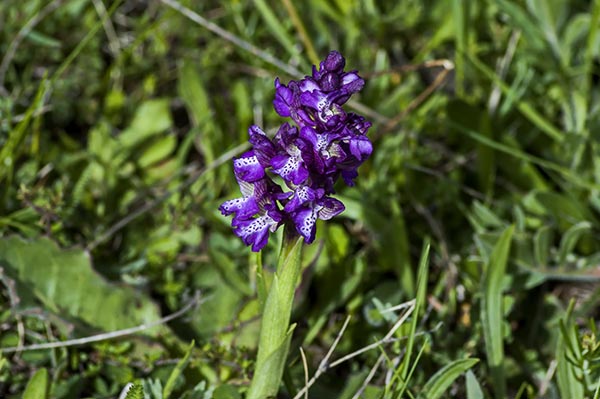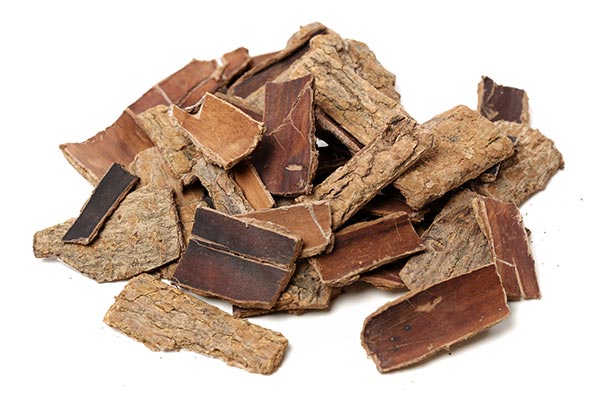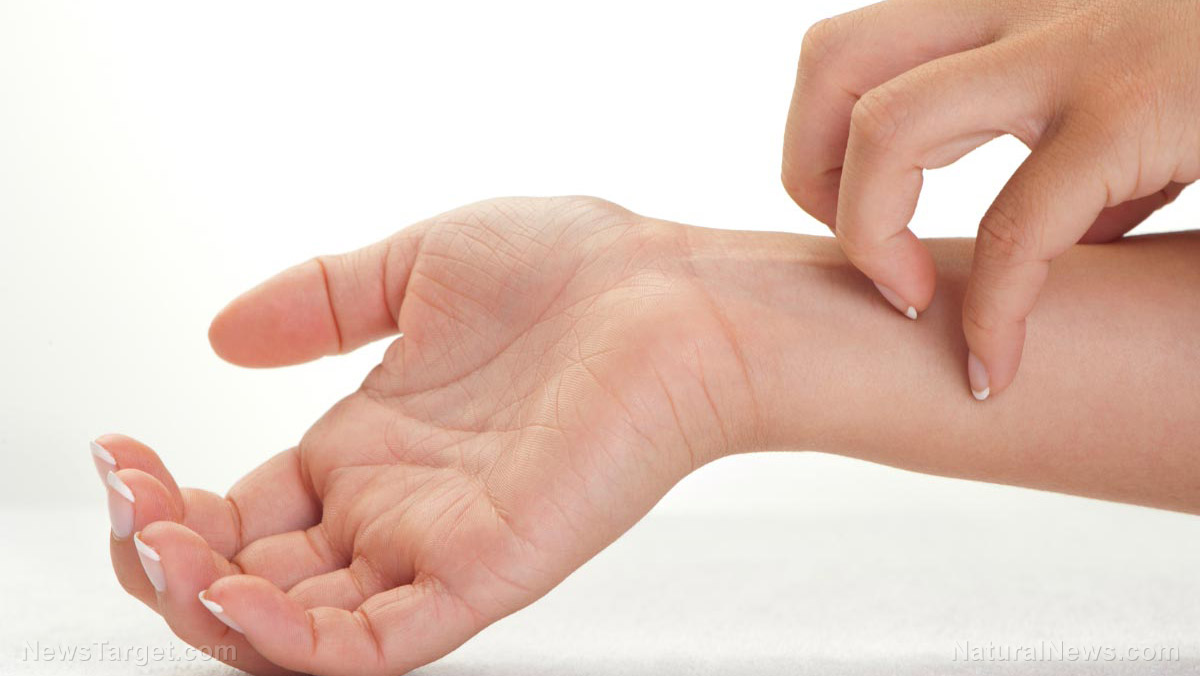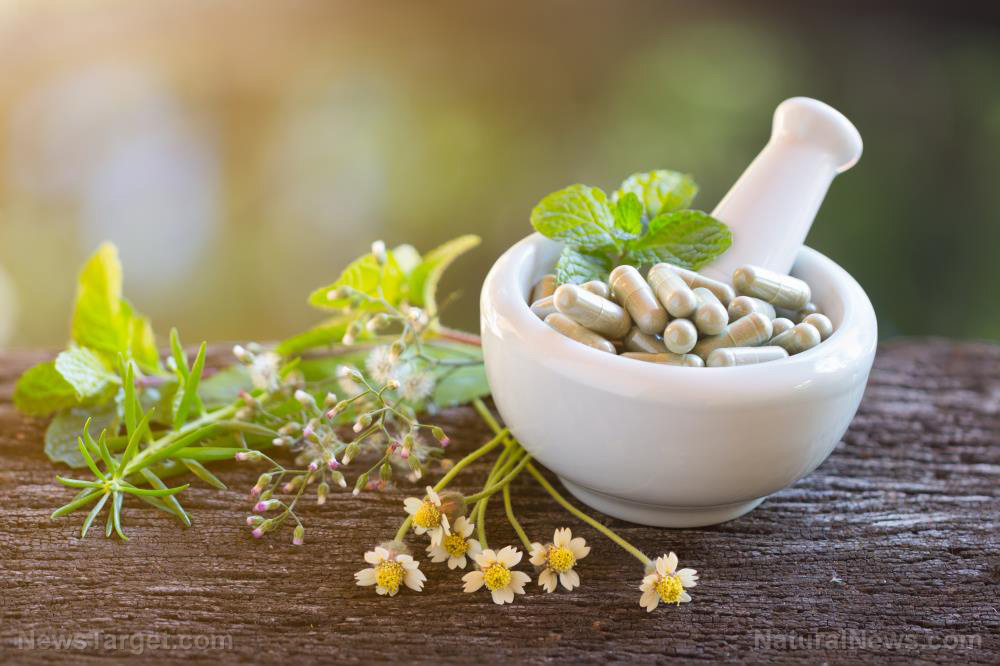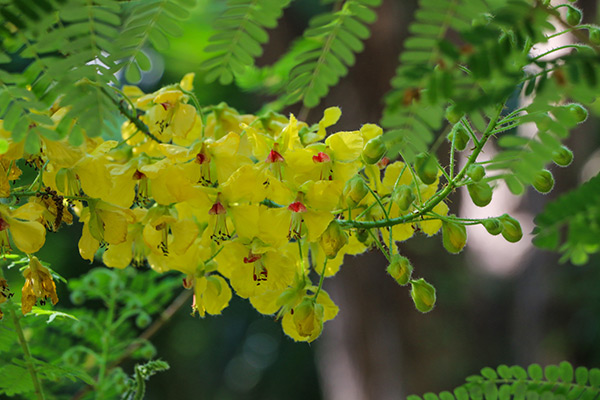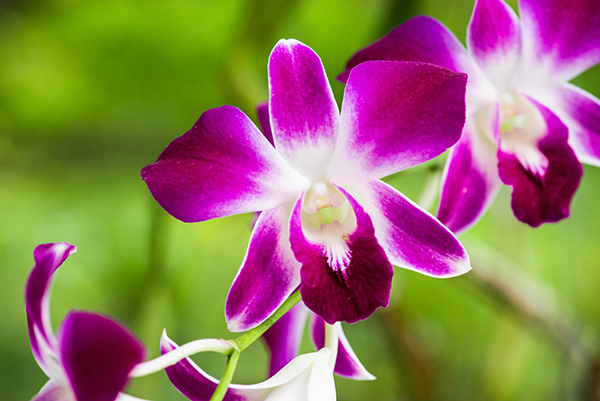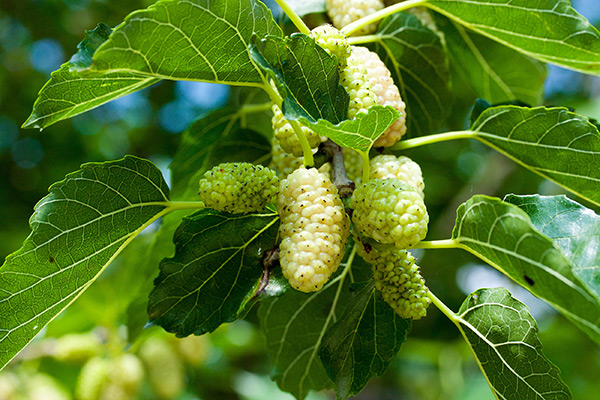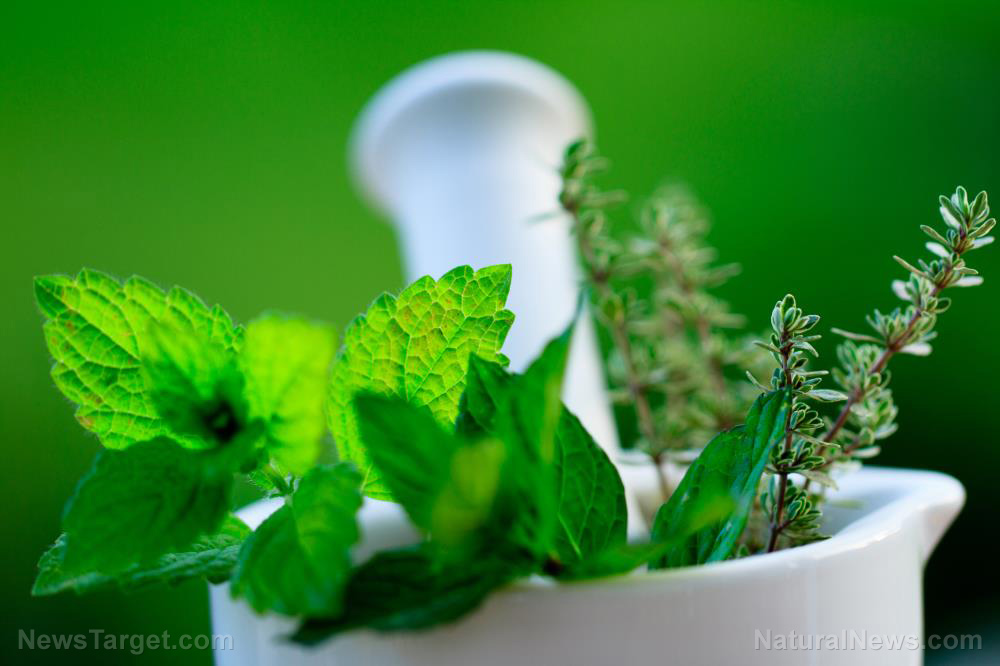Bugleweed contains 280 compounds that provide a myriad of health benefits
07/01/2020 / By Evangelyn Rodriguez
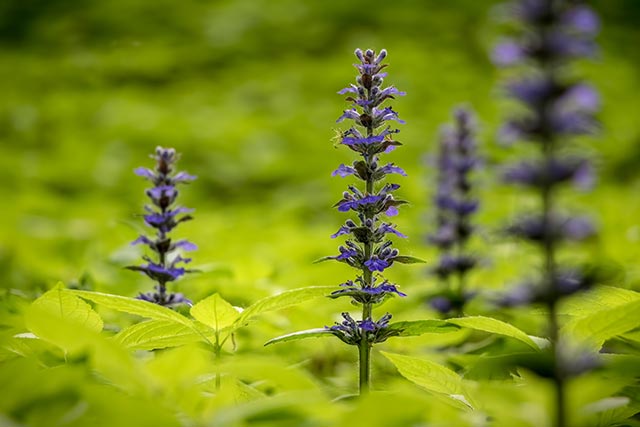
Plants from the genus Ajuga are clump-forming, flowering herbs that are widely distributed around the world. They are commonly referred to as simply bugle, carpet bugle, ground pine or bugleweed. According to studies, at least 301 species are known to be members of the genus Ajuga. The genus is one of the 266 genera that belong to the mint (Lamiaceae) family of medicinal plants.
Many Ajuga plants have been used in traditional medicine. In fact, these plants are considered effective remedies for a wide variety of ailments, such as diabetes, dysentery, fever, gastrointestinal disorders, high blood pressure, malaria and toothache.
Researchers at the Emory University School of Medicine in Atlanta, Georgia have also found evidence of the use of Ajuga plants as anthelmintic (anti-parasitic drugs), diuretic, anti-fungal, anti-inflammatory and anti-myocobacterial agents.
In a recent study, Chinese researchers presented a more comprehensive summary of the botanical characteristics, ethnomedical uses and phytochemical, pharmacological and toxicological analyses of plants from the genus Ajuga. Published in The American Journal of Chinese Medicine, their review focused on the medicinal benefits of these plants and their potential applications in clinical settings.
Adding to what Emory researchers had previously reported, the authors said that Ajuga plants can also be used to treat rheumatism, gout, sclerosis, analgesia, inflammation, joint pain, palsy and amenorrhea. More than 280 active compounds have been isolated and characterized from these plants. However, only a few reports discuss the clinical uses and toxicity of Ajuga plants.
The researchers identified neo-clerodane diterpenes and diterpenoids, phytoecdysteroids, flavonoids and iridoids as the major compounds present in Ajuga plants. These compounds are scientifically proven to have numerous beneficial properties.
These properties include anti-inflammatory, anti-nociceptive (pain-blocking), anti-tumor, antioxidant, anti-diabetic, antimicrobial, antifeedant, anti-diarrheal, hypolipidemic (cholesterol-lowering), diuretic, hypoglycemic (blood sugar-lowering), immunomodulatory, vasorelaxant, larvicidal, anti-mutagenic and neuroprotective activities.
The researchers believe that Ajuga plants possess huge therapeutic potential, and more studies should explore their toxicity and clinical applications, especially the biological activities of their active components.
The health benefits of bugleweed
The name bugleweed is often associated with Ajuga reptans, a perennial flowering plant native to Europe that’s used for different medicinal purposes. Despite belonging to the mint family, this bugleweed lacks the characteristic odor of real mint. Besides producing bright, violet-blue flowers that appear from May to July, A. reptans also produces fruits from July to September.
In traditional Austrian medicine, bugleweed is used to make tea and consumed to treat disorders related to the respiratory tract. It is also said to be good for healing wounds and treating throat irritations, mouth ulcers and excessive alcohol intake. Traditional healers use bugleweed to make preparations for coughs, sleeplessness, anxiety, tuberculosis and heart palpitations. But the best-known use for bugleweed is (in combination with lemon balm) as a natural treatment for Graves’ disease, an autoimmune disorder that causes hyperthyroidism.
Here are some other health benefits associated with the use of bugleweed: (Related: A member of the mint family, the bugleweed is a powerful medicinal herb you should be stocking up on.)
- Helps normalize heart rate
- Reduces blood pressure
- Protects against atherosclerosis, heart attack and stroke
- Prevents wound infections
- Promotes wound healing
- Improves sleep quality
- Decreases food cravings
- Helps regulate estrogen levels
- Helps reduce chronic stress
- Rich in antioxidants that fight free radicals
- Relieves menstrual cramps
- Soothes digestive disorders
- Treats diarrhea, enteritis and gastritis
Bugleweed is an herb with a wide variety of medicinal applications. However, like most plants that are rich in bioactive compounds, bugleweed may react unfavorably with certain medications, such those prescribed to cancer patients or people suffering from hormone-related disorders. Pregnant or breastfeeding mothers are also advised to avoid using bugleweed. To ensure your safety, consult a trusted natural health practitioner before using this herb.
Sources include:
Tagged Under: alternative medicine, Bugleweed, disease treatments, herbal medicine, Herbs, natural cures, natural medicine, phytonutrients, plant medicine, remedies, research
RECENT NEWS & ARTICLES
PlantMedicine.News is a fact-based public education website published by Plant Medicine News Features, LLC.
All content copyright © 2018 by Plant Medicine News Features, LLC.
Contact Us with Tips or Corrections
All trademarks, registered trademarks and servicemarks mentioned on this site are the property of their respective owners.

